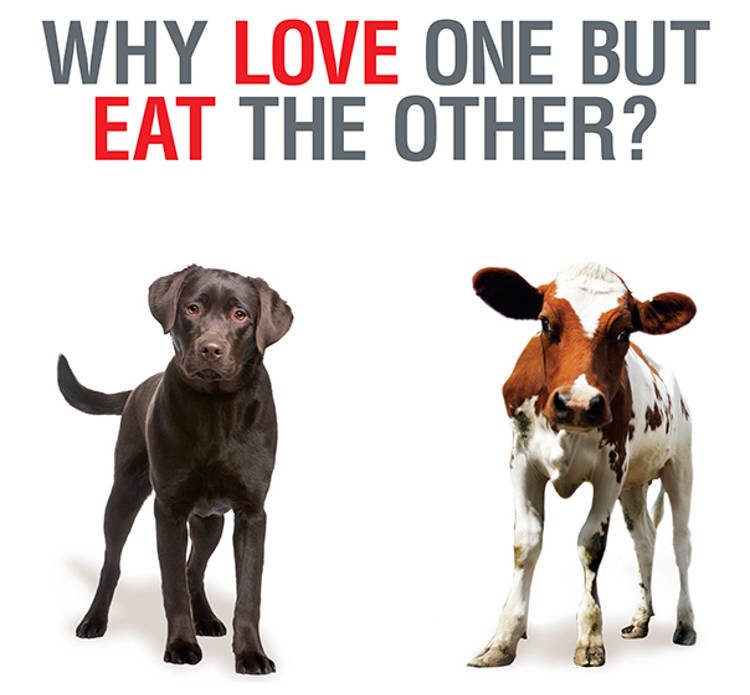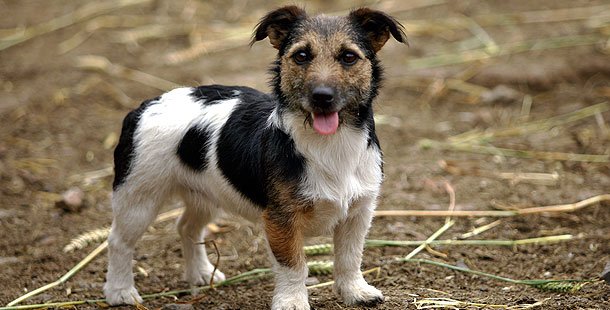What is a Personal Choice?
One of the most common things people say in response to arguments for veganism goes something like this, “I have no problem with people being vegan. I think that’s great if it works for them. But I don’t go around telling anyone how to eat. And nobody should tell me how to eat. That’s a personal choice.”

At what point does it stop being a “personal choice” when our personal choices cause suffering and death to other sentient beings?
Morality is Subjective
A slightly more sophisticated argument gets into the idea that morality itself is a personal choice. While I can’t disagree with that argument, I can say that most people agree that we should try to not harm others if we can avoid it, and a smaller majority agree that we should help other in need when we can, even if we are not the cause of their suffering.
I would argue that most people are being inconsistent with their own values if they support the casual use of other feeling beings as resources. Why is it okay to make other animals suffer just because they are “only animals?” They don’t suffer any less than we do, and when it comes right down to it, almost all uses of nonhuman animals are for the sake of human pleasure or convenience. That includes eating them. It’s been well established that, with only rare exceptions, anyone at any stage of life can be healthy on a vegan diet.
And why, oh why, would some people want to kill someone who harmed their dog, and lovingly nurture an injured bird back to health, yet think nothing of eating a pig or chicken who lived in captivity and then died a horrible death at a young age?

Why Do Freedom, Non-discrimination, and Helping the Under-served Only Apply to Human Animals?
Naturally, there is a lot of discussion on Steemit about freedom and lack of censorship. Non-discrimination and helping the under-served are big topics as well. I recently listened to a podcast (not naming names because the point is not to call anyone out) where there was a discussion about a marketplace where the sale of live animals was a popular category because it’s regulated so heavily that it’s not usually available elsewhere. I’m not a fan of over-regulation, but isn’t the whole point of communities like this one to make the world a better place?
If you wouldn’t support selling brides from impoverished countries, why would you support a breeding industry that even at its best separates young animals from their families and places them into a human family to train them, a family they become quite attached to, and then sells them to other people for the pleasure of owning them?
And that’s at its best. Breeding farms can be quite brutal, and can breed characteristics that humans fetishize that cause discomfort or ill health in the animals being bred, like joint pain, breathing difficulty, heart problems, and greater risk of certain diseases due to inbreeding.
Do we want to let the market decide everything, or should we be opting out of the things that have real victims for whom certain transactions are objectively bad?
Veganism One Plate at a Time
Do I want to see other people go vegan? You bet. I think it’s not only the most moral choice, but the most logical one. I think you will, too, if you think about the values you already hold, and then try to justify causing suffering and death to fellow sentient beings just for the sake of pleasures of the palette. And if everyone stopped eating animals, we’d eliminate the largest and most easily preventable source of suffering in the world today. We’re talking about roughly 60 billion animals per year.
I’m not simply advocating shouting “Go Vegan!” and trying to change the world one plate at a time. It’s about an attitude towards nonhuman animals. It’s a choice not to harm other animals to the extent that it’s avoidable. Granted, there’s no way in the current world to completely avoid harming animals. Agriculture kills animals, though robotic precision agricultural is becoming cheaper and will become more and more able to avoid killing animals when tilling and harvesting.
Driving kills animals, though future technology will also be able to greatly reduce that, not only by reducing “road kill” deaths by self-driving cars and other lower-tech methods like animal bridges or tunnels, and poles that scare animals away by emitting flashing lights and sounds when car headlights hit sensors on the poles. There have also been proposals for little fans to gently blow insects away instead of letting them smash into windshields. So veganism is not about perfection. It’s not about a diet. It’s about an attitude. It’s about respect. It's doing what we can because it matters to us.
Attitudes and Norms Matter Most
I don’t think going vegan and trying to “convert” others is the way to go. We need to take a stand for animals. We need to speak up, write about it, talk about it, argue about it. We need to change societal norms more than individual behavior or institutions. Behavioral and institutional change will follow, but changes that start at those levels are inherently unstable.
Sure, it’s true that you can sometimes “fake it ‘til you make it” with behavioral changes, but how many stories have you heard of ex-vegans who “did some soul-searching” and decided it “just wasn’t right for their body”? The stable vegans are ethical vegans, because they changed their way of thinking and their attitudes towards nonhuman animals. And institutional changes don’t stick unless there is already a lot of public support for them.
Currently, the people who speak out for animals are considered aggressive freaks, and abusing animals for their use as food, clothing, entertainment, and labor is considered normal and necessary.
I challenge anyone committed to non-aggression to rethink their attitudes and relationships toward nonhuman animals, and to not only change their relationship to animals, but to speak up for animals until animal abuse is called what it is and is not considered normal but abhorrent.




